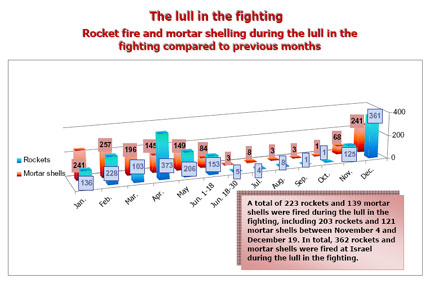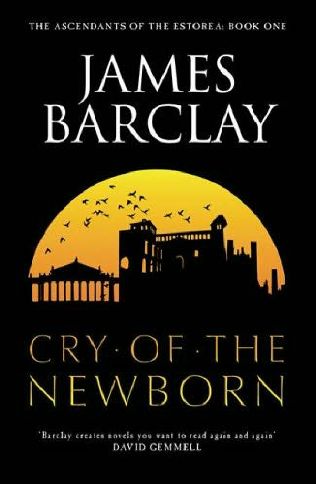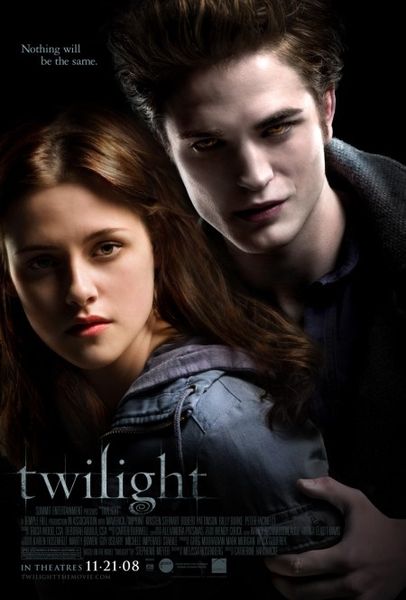
What more can you say than what the cartoon (found at Permanent Revolution) already expresses? The idea that Israel’s aerial attacks against and subsequent invasion of Gaza are a response to Hamas terrorism doesn’t pass the laugh test. We know this attack has been planned for a long time, we’ve seen the preparations, we know it fits the Israeli strategy of ratching up the pressure on Gaza. We’ve seen it all before, back in 2006, when the Israeli army did the same in their first attempt to topple Hamas. That ended with a Fatah driven coup against the democratically elected Hamas governement which saw Hamas ousted from power in the West Bank but the opposite happening in Gaza. With Fatah now powerless or unwilling to take on Hamas again, Israel now has to effect regime change on its own. Hence the ground invasion.

The reason we cannot take Israel at its word about why they moved from economic strangulation and “surgical strikes” to a fullblown airwar and invasion is shown in the graph above, taken from official Israeli sources. What do you see? That during the ceasefire agreed to between Hamas and Israel in June last year, attacks from Gaza decreased dramatically, only picking up again after Israel started attacking in force. There’s a lot of manufactured outrage spread by Zionist apologists about these attacks, but what they forget to mention is that during the ceasefire Israel did not lift its blockade, nor stopped its policy of extrajudicial assasinations, with 22 Palestinians having been killed by Israeli forces during the truce. The number of Israelis killed? Zero.
Everything about this invasion is cynical and calculated, from the way its being justified to the date it was implemented, two days after Christmas, when all the lights have gone off in the world’s government buildings anyway. It’s been so cynical I haven’t really been able to write about it so far, as it has just made me too depressed and outraged. Fortunately, there’s Lenin’s Tomb, which has done splendid work reporting on the invasion and its background.


